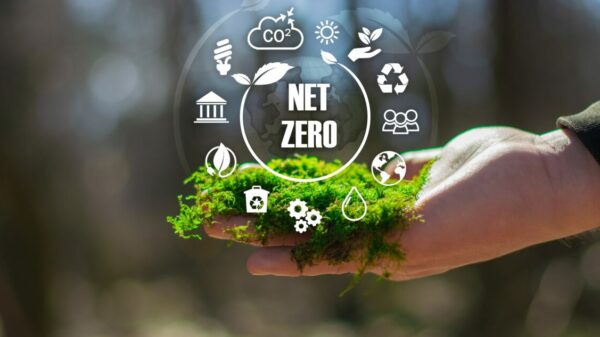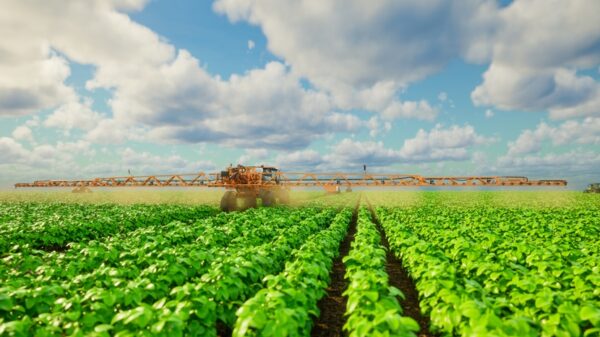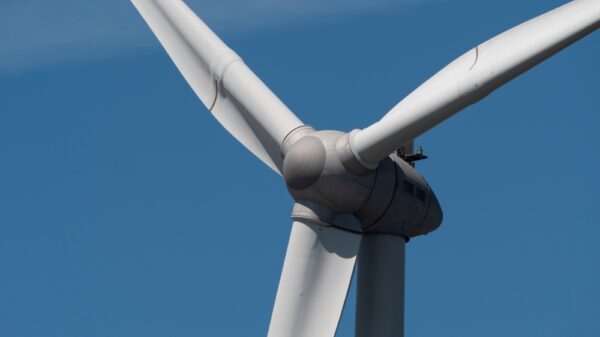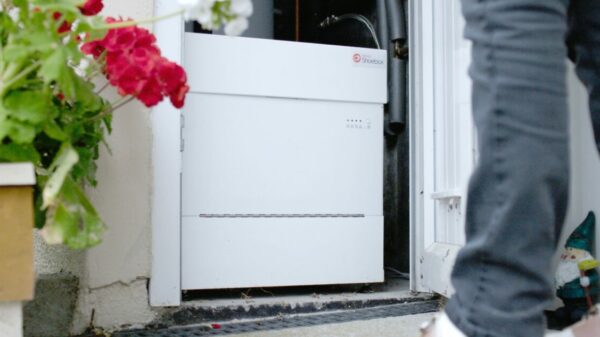Two countries have put forward proposals to restrict the global production of plastic, amid spiralling plastic production.
Rwanda and Peru have proposed establishing baseline levels for the amount of plastic they need and use in order to prevent overproduction.
The move marks the first time countries have considered placing restrictions on global plastic production in a move to help the environment.
The proposal comes as plastic production is set to triple by 2050, with experts saying such levels “are unsustainable” and as countries around the world look to cut plastic waste at UN talks in Ottowa, Canada.
Subscribe to Sustainability Beat for free
Sign up here to get the latest sustainability news sent straight to your inbox everyday
According to the Guardian, the proposal submitted by Rwanda and Peru sets out a global reduction target, called ‘north star’, to cut the production of primary plastic polymers across the world by 40% by 2040, from a 2025 baseline.
The proposal says: “The effectiveness of both supply and demand-side measures will be assessed, in whole or in part, on their success in reducing the production of primary plastic polymers to sustainable levels.”
The motion calls for mandatory reporting of countries’ statistical data to be considered on production, imports and exports of primary plastic polymers.
“The target should align with our objectives for a safe circular economy for plastics by closing the circularity gap between production and consumption,” the countries said.
The motion aligns with the Paris agreement to limit global warming to 1.5c.
Earlier this month, it was revealed that Coke and Nestlé are month firms responsible for 25% of global plastic pollution.















